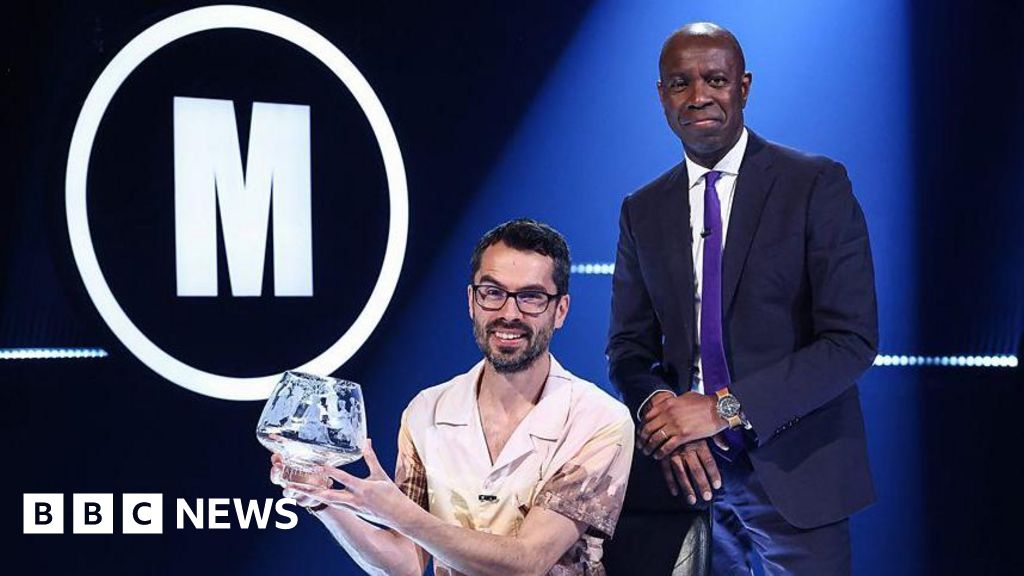ARTICLE AD BOX
The 2024 version of Just Dance includes a routine suitable for people in wheelchairs
By Seth Burke
BBC Children in Need
More than 135 million people have played Just Dance - but how accessible is it for everyone?
Ubisoft's video game has 500 unique choreographies that users from around the world follow.
Seth, 14, from Dinas Powys, Vale of Glamorgan, was invited to the company's Paris studio to test out the latest version.
He spoke to designers and choreographers and gave his input on a new routine for people in wheelchairs.
Seth, who has a rare muscle wasting condition called Duchenne Muscular Dystrophy, is a member of the Welsh Youth Parliament.
Like most teenagers, I love gaming with my friends and brothers, but using a wheelchair means I'm not always able to join in with every video game.
I have a disability that affects my muscles. If I play a game that involves me moving a lot, I'm not always very good at it and my arms ache easily.
Gaming is important to me, so I wanted to know how tech companies are creating new games to suit people with disabilities.
I was invited, with Children in Need, to meet the Paris-based team behind the hit game Just Dance.
The latest version of the game features, for the first time, a routine performed by a dancer in a wheelchair.
Players are invited to sit and follow the arm movements whilst holding their phone or console.
"Everyone can get joy from dance," Stacey Jenkins, one of Ubisoft's accessibility design specialists told me.
Stacey Jenkins from Ubisoft believes anyone can get joy from dancing
"Game development is a really long process but if you start to think about accessibility right at the beginning, we can make things accessible by design.
"If you're a developer and you're interested in accessibility, you just need to listen to disabled people."
But is it possible to make all games accessible to all people?
"I think it's really difficult to make games completely 100% accessible to absolutely everybody at the same time," says Stacey.
Seth learnt a lot about work being done to make games more accessible to all people
"Every game that we release, if it's more accessible than the last, then we're making good progress."
After chatting to Stacey, I tested Just Dance in the studio with Florent Devlesaver, a Belgian dancer, in a wheelchair, who features in the game.
He told me how he had to adapt the dance moves to work for him, as well as making sure they still worked in a video game.
I loved meeting Florent and having a go at the dance routine in the studio. It was really enjoyable.
Seth learnt about the different stages of the process
It was nice to see that even though you have a disability, it doesn't define you and you can do whatever you want with your life.
I think people are making a huge effort to develop more accessible games, but it's going to take some time.
"We've seen some really amazing progress being made," Stacey tells me.
"I think we've still got a long way to go."
I think gaming companies need to figure out what works for people with disabilities but I definitely think things are changing. I have confidence.
Game On! For BBC Children in Need, BBC Three and iPlayer, 10 Nov, 19:00 to 21:00 GMT

 1 year ago
40
1 year ago
40








 English (US) ·
English (US) ·